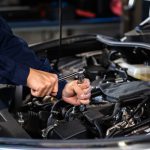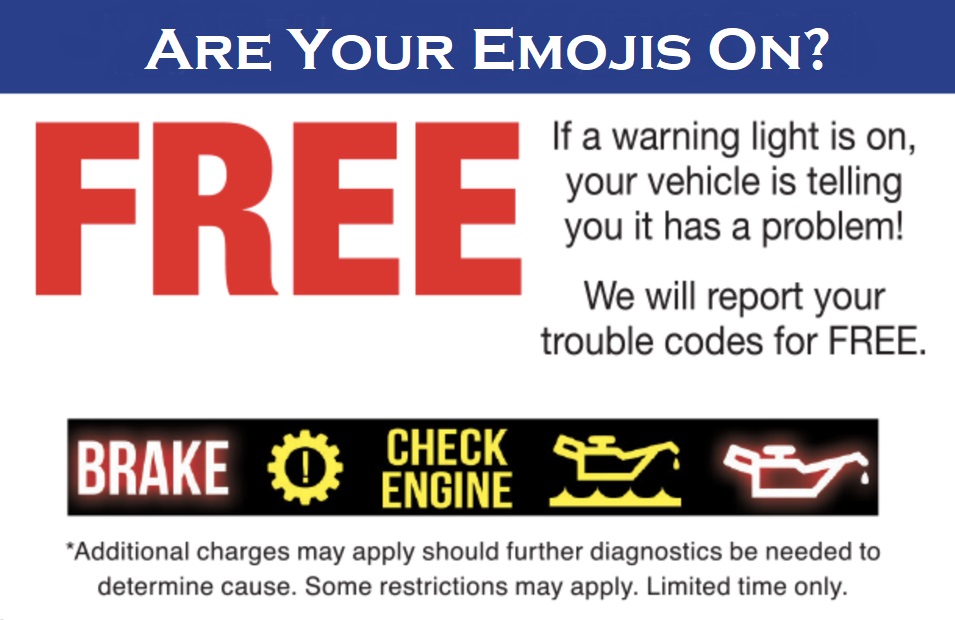How Often Should I Have An Engine Tune Up?
December 25, 2023 4:41 pm Leave your thoughts
1. Vehicle Manufacturer’s Recommendations:
The first and most important factor to consider when determining how often to have an engine tune-up is the recommendation of your vehicle’s manufacturer. Each vehicle comes with a maintenance schedule that outlines specific services and intervals for optimal performance. This schedule can be found in your vehicle’s owner’s manual or obtained from the manufacturer’s website. It’s important to adhere to these recommendations as they are designed based on extensive research and testing specific to your make and model. Typically, engine tune-ups are recommended every 30,000 to 100,000 miles, depending on the vehicle.
2. Age and Mileage of the Vehicle:
In addition to the manufacturer’s recommendations, the age and mileage of your vehicle can also influence the frequency of engine tune-ups. Older vehicles or those with high mileage tend to require more frequent tune-ups as the components may have worn out or become dirty over time. For example, older vehicles may need tune-ups every 30,000 to 60,000 miles, while newer ones with lower mileage may only require a tune-up every 60,000 to 100,000 miles. Additionally, if you notice any changes in performance, such as rough idling, difficulty starting, or decreased fuel efficiency, it may be a sign that a tune-up is needed sooner than the recommended interval.
3. Driving Conditions:
The driving conditions to which your vehicle is exposed can impact the frequency of engine tune-ups. If your daily commute involves stop-and-go traffic, driving through dusty or unpaved roads, or towing heavy loads, it may put additional stress on your engine. These factors can cause the engine components to wear out more quickly, leading to the need for more frequent maintenance. If you drive in severe conditions, it may be prudent to consult with a mechanic or follow the maintenance schedule provided by your vehicle manufacturer, as they may recommend shorter intervals for tune-ups.
4. Symptoms and Warning Signs:
Paying attention to your vehicle’s performance and any warning signs it may exhibit can also guide you in determining when an engine tune-up is necessary. If you experience issues such as misfiring, a noticeable decrease in power, or a check engine light that remains illuminated, it may indicate a problem that requires immediate attention. Ignoring these warning signs can lead to more significant engine issues and potentially costly repairs. Addressing problems promptly through an engine tune-up can help prevent further damage and ensure the longevity of your vehicle.
5. DIY or Professional Service:
When considering an engine tune-up, another factor to consider is whether you plan to perform the maintenance yourself or seek professional service. If you are experienced and knowledgeable in automotive maintenance, you may be able to handle basic tune-up tasks, such as replacing spark plugs, air filters, and fluids. However, for more complex tasks, such as checking engine compression, inspecting the ignition system, or addressing fuel system issues, it is recommended to seek the expertise of a qualified mechanic. Their knowledge and diagnostic tools can ensure that your engine is properly tuned and any underlying issues are addressed.
Summary
The frequency of engine tune-ups depends on various factors, including the manufacturer’s recommendations, age and mileage of the vehicle, driving conditions, symptoms, and the level of DIY experience. Adhering to the manufacturer’s recommendations, paying attention to warning signs and consulting with an auto professional can help ensure that your engine is properly maintained and running optimally. By regularly tuning up your engine, you can extend the lifespan of your vehicle, improve fuel efficiency, and minimize the risk of costly repairs down the road.
Need an Auto Repair Shop in Chino, CA?
Gabriel’s Automotive & Towing is a full-service auto mechanic and repair shop in Chino, CA. For over 20 years, our auto repair shop has provided expert automotive technicians that are highly trained in both foreign and domestic vehicles. It is always our goal to satisfy you and enable you to get the most out of your vehicle. A well-maintained vehicle will give you years of enjoyment. We specialize in BMW vehicles and offer work on a variety of parts, including brakes, carburetors, charging systems, air conditioning systems, electrical components, and emissions. We also perform diesel tune-ups and repairs. For drivers throughout Chino and Chino Hills, CA, give us a call or stop by the shop today!
Categorised in: Engine Tune-Ups
This post was written by admin

